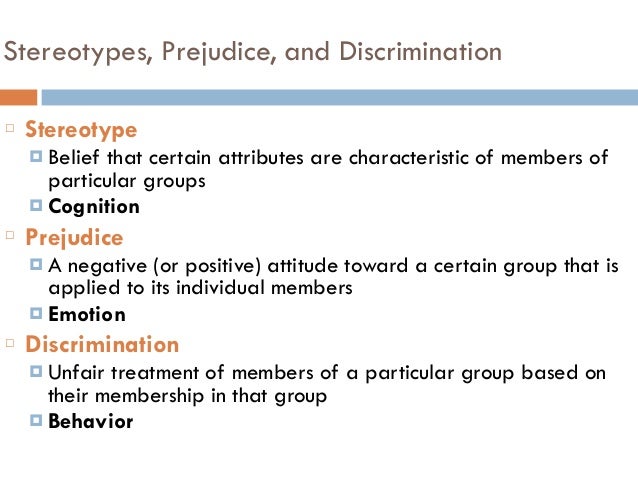- Stigma Of Gambling Disorder
- Stigma Of Gambling Disorders
- Stigma Of Gambling Definition
- Stigma Of Gambling Games
Gambling is a popular leisure activity. However, some people develop gambling disorder and face serious negative consequences. Few people with gambling disorder seek treatment. Smoke free casino atlantic city. One of the most common reasons for not seeking treatment is fear of stigma. Public stigma refers to the negative reactions.
- The researchers hypothesized that the magnitude of stigmatization would fall in this order, from most stigmatized to least: (a) the target labelled and described in ways consistent with moderate gambling disorder (b) the target described in ways consistent with moderate gambling disorder, (c) the target described in ways consistent with.
- Dec 17, 2019 Public stigma of gambling disorder has negative effects on the mental health and functioning of affected individuals and impedes treatment-seeking. One factor thought to be implicated in stigma is the label used to describe the condition.
FALL LEARNING SERIES: DR. LORI RUGLE
The Importance of Language in Addressing Gambling Disorder: Shame and Stigma
Stigma Of Gambling Disorder

Thursday, 10/8/20 from 10am – 12pm PT / 1 – 3pm ET
CEUs for this session were completed on November 15, but you can still view this session on-demand until December 31.
Lori Rugle, PhD has been working in the field of problem gambling for 35 years. She has managed problem gambling treatment programs within the Veterans Administration, in the private sector, and within state systems. She has participated in research on neuropsychological assessment of pathological gamblers, neuroimaging and genetic studies of problem gambling, psychopharmacological treatment of problem gambling, gambling problems and coping among homeless veterans, trauma history, and problem gambling. She has consulted with state and national governments on developing and implementing problem gambling treatment programs. She is currently Special Projects Consultant for the University of Maryland Center of Excellence on Problem Gambling.
Dr. Rugle: 'A couple of years I ago, I was sitting next to a dear friend and person in recovery from a gambling disorder. I leaned over and whispered to her how distressing I found it for the presenter to refer to a person in recovery as 'the gambler.' She said, 'I know, if they say that one more time, I may scream.' This use of language is the norm, not the exception. It is so ubiquitous we don't even think about it. Much more has been written about the significance of the language of recovery in the Substance Use Disorder and Mental Health fields; particularly around issues of stigma and shame. This presentation will address the importance of how to use words and language to reduce stigma in the field of gambling disorder for both individuals in recovery and their partners in recovery.'
Stigma Of Gambling Disorders

Stigma Of Gambling Definition

Thursday, 10/8/20 from 10am – 12pm PT / 1 – 3pm ET
CEUs for this session were completed on November 15, but you can still view this session on-demand until December 31.
Lori Rugle, PhD has been working in the field of problem gambling for 35 years. She has managed problem gambling treatment programs within the Veterans Administration, in the private sector, and within state systems. She has participated in research on neuropsychological assessment of pathological gamblers, neuroimaging and genetic studies of problem gambling, psychopharmacological treatment of problem gambling, gambling problems and coping among homeless veterans, trauma history, and problem gambling. She has consulted with state and national governments on developing and implementing problem gambling treatment programs. She is currently Special Projects Consultant for the University of Maryland Center of Excellence on Problem Gambling.
Dr. Rugle: 'A couple of years I ago, I was sitting next to a dear friend and person in recovery from a gambling disorder. I leaned over and whispered to her how distressing I found it for the presenter to refer to a person in recovery as 'the gambler.' She said, 'I know, if they say that one more time, I may scream.' This use of language is the norm, not the exception. It is so ubiquitous we don't even think about it. Much more has been written about the significance of the language of recovery in the Substance Use Disorder and Mental Health fields; particularly around issues of stigma and shame. This presentation will address the importance of how to use words and language to reduce stigma in the field of gambling disorder for both individuals in recovery and their partners in recovery.'
Stigma Of Gambling Disorders
Stigma Of Gambling Definition
Stigma Of Gambling Games
- 2 CEUs / recordings available
- Or register for all 10 Sessions – for only $150 (20 CEUs)